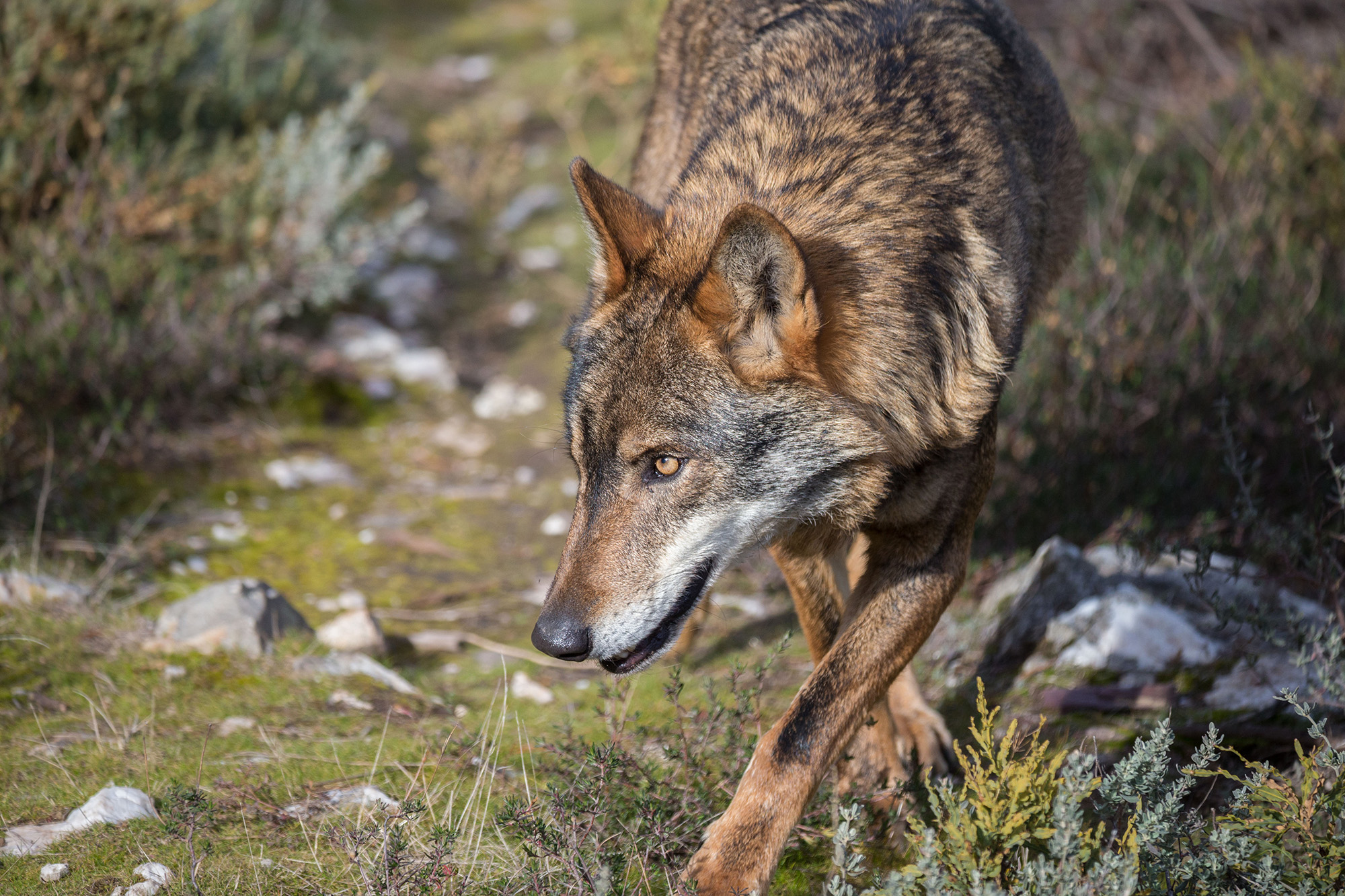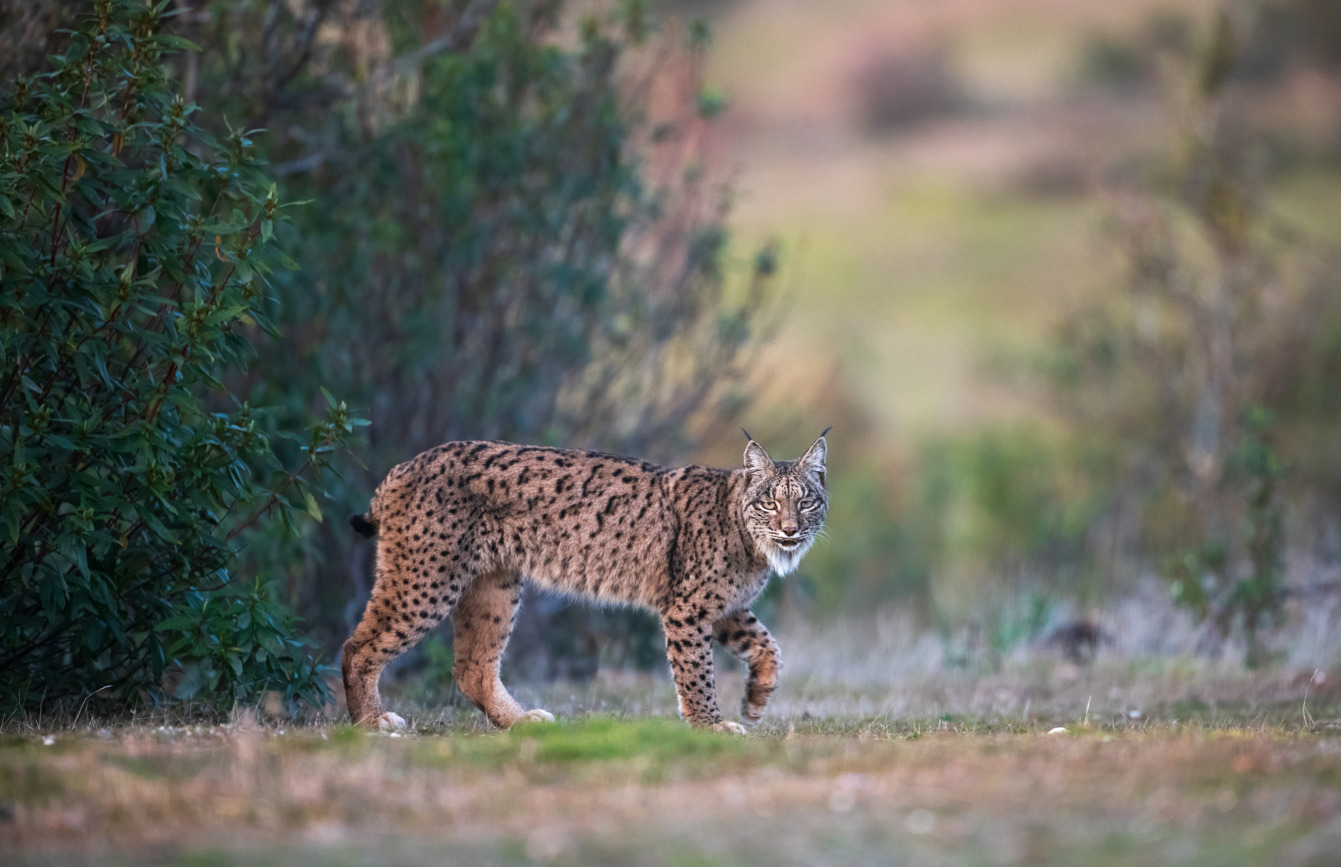The LIFE LUPI LYNX project, which began in January, brings together seven Portuguese and two Spanish organisations in a cross-border effort to create the socio-ecological conditions that will contribute to the recovery of the Iberian wolf and Iberian lynx south of the Douro river, in areas where both species are beginning to appear or still have an irregular presence. The aim of this project is to promote better coexistence between these predators and man, guaranteeing habitat conditions and coexistence with human activities.

The LIFE LUPI LYNX project aims to improve the social and ecological conditions that will allow these two endangered species of Portuguese fauna to recover. The ecological conditions include increasing the abundance of wild prey and restoring the habitat. On a social level, the aim is to promote peaceful coexistence with local human communities, increasing the tools for preventing attacks on livestock to avoid potential conflicts. The aim is also to boost the region’s socio-economic development by investing in nature-based economic activities that promote respect for the landscape and biodiversity. The project also aims to increase the exchange of knowledge and the capacity of local players to prevent damage to livestock and detect environmental crimes.
The area of intervention includes the entire Beira Interior region in Portugal, in the districts of Guarda and Castelo Branco, as well as the province of Cáceres, in Extremadura, Spain, covering a total of around 17,000 hectares. Working on a cross-border scale will make it possible to achieve better, more comprehensive results with a greater impact on the future of the Iberian wolf and lynx, two key species.

The project, coordinated by Rewilding Portugal, also includes six Portuguese organisations – BIOPOLIS/CIBIO, Grupo Lobo, Plataforma de Ciência Aberta of the Municipality of Figueira de Castelo Rodrigo and the University of Aveiro, and two Spanish organisations – AMUS – Asociación de Accion por el Mundo Salvaje and the Junta de Extremadura. The project will last five years and has a budget of around 3.5 million euros.
Its objectives are wide-ranging and multidisciplinary, and the results it aims to achieve include: improving the legal framework for the use of livestock protection dogs; improving the habitat and increasing the availability of prey for both wolves and lynx; using good practices on more than a dozen private properties; increasing the use of measures to prevent damage to livestock, namely livestock protection dogs and fencing; working together with the authorities in both countries to identify and prevent environmental crimes; establishing partnerships with wildlife recovery centres and toxicological analysis laboratories; supporting and promoting sustainable nature tourism in wolf and lynx lands; holding participatory sessions with key players in the area to find positive solutions that make human activities compatible with the presence of these predators; and carrying out environmental education programmes for children and young people.
This initiative continues and expands the work carried out in the LIFE WolFlux project, also coordinated by Rewilding Portugal and carried out in partnership with various national organisations, which will be completed in 2024.
4th January 2024
